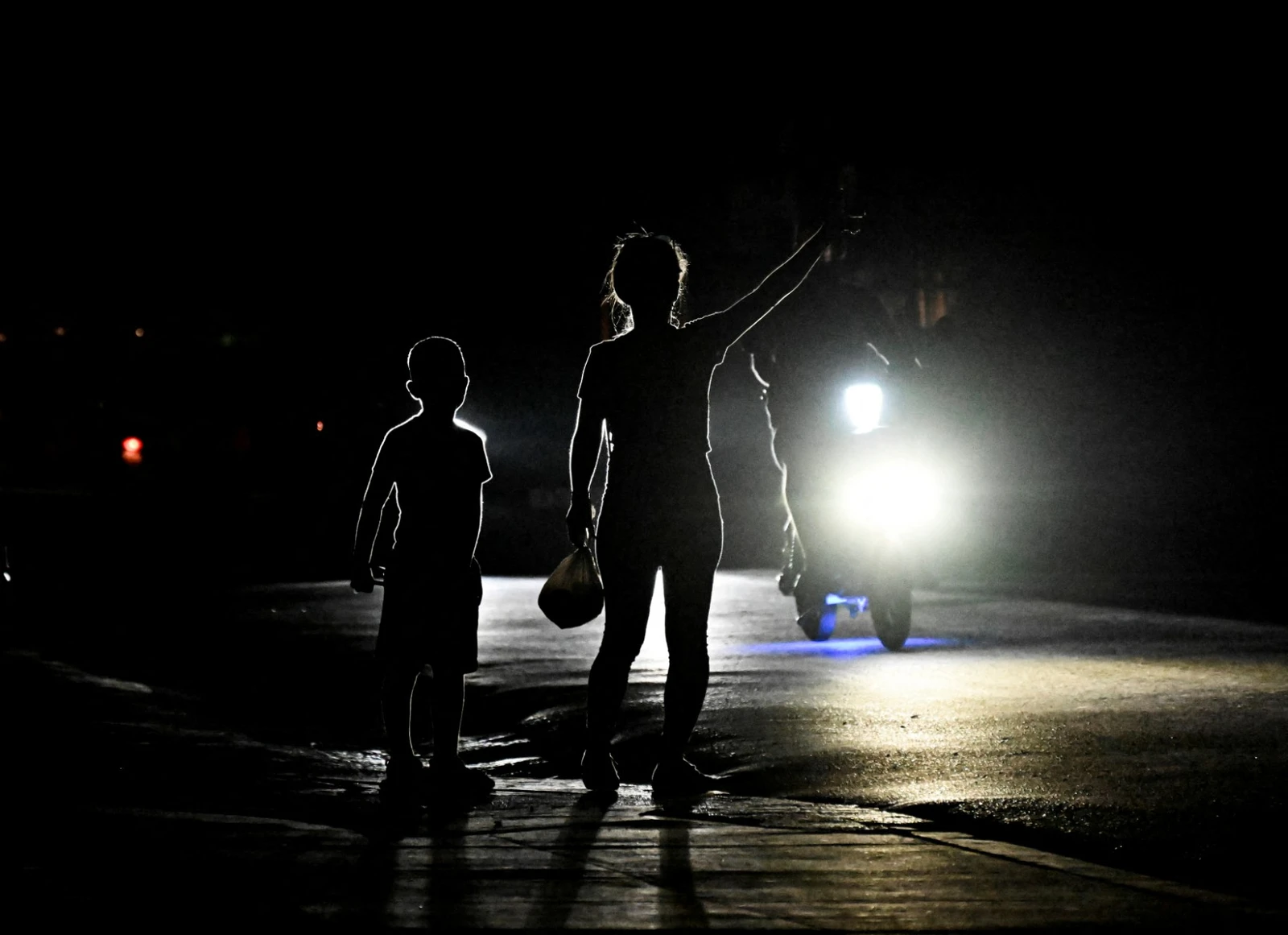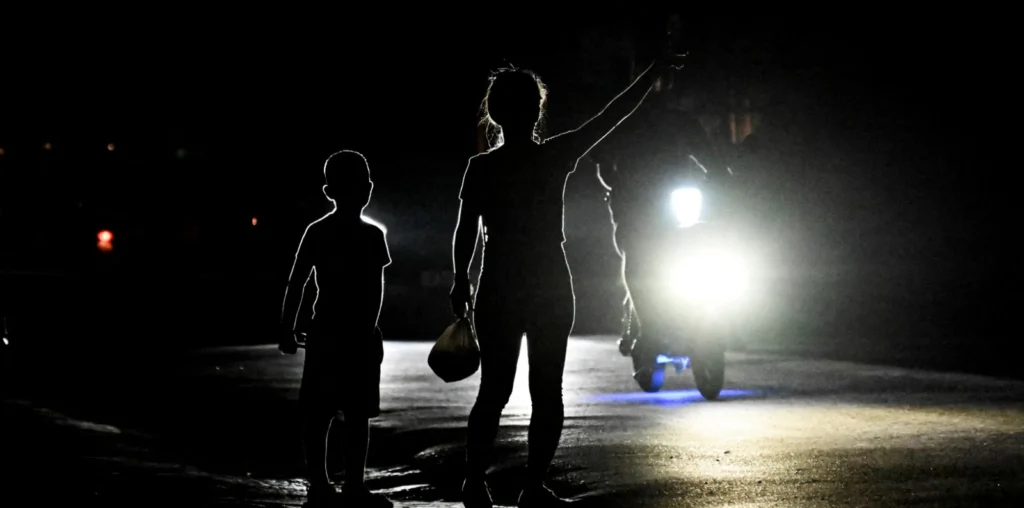
HAVANA/HOUSTON: Cuba’s communist-run government shut down schools and non-essential industry and sent most government workers home on Friday in a bid to conserve energy and stem blackouts that now exceed 12 hours a day for millions of people across the island.
Cuba has seen dramatically long power outages even for an island accustomed to devastating shortages. Entire provinces have gone without light for hours, and many locations outside the capital Havana go with less than six hours of electricity a day.
Officials with Cuba’s National Electric Union (UNE) said early on Friday that all non-vital government services would be suspended. Schools of all levels, from grade to university, were shuttered through Sunday. Recreational and cultural activities, including nightclubs, were also ordered closed.
The government said only essential employees of the state-run food and healthcare industries should report to work on Friday.
The crisis marks a new low on an island where life has become increasingly unbearable, with residents already suffering from crippling shortages of food, fuel, water and medicine.
Prime Minister Manuel Marrero spoke on national TV late on Thursday, blaming the blackouts on a perfect storm well-known to most Cubans – deteriorating infrastructure, fuel shortages, and rising demand.
“The fuel shortage is the biggest factor,” Marrero said in a televised message that was garbled by technical difficulties and delayed several hours.
Strong wind and heavy seas that began with the passage of Hurricane Milton last week have crippled the island’s ability to deliver scarce fuel from boats offshore to its power plants, officials said.
Cuba’s government also has long blamed the US Cold War-era embargo, as well as a fresh round of sanctions under former president Donald Trump, for difficulties in acquiring fuel and spare parts to operate its oil-fired plants.
The island’s two largest power plants, Antonio Guiteras and Felton, are both under-producing, the government said, and will soon be taken offline for maintenance, part of a four-year plan to revitalise Cuba’s decrepit infrastructure.
Cuba’s fast-growing private businesses, which have contributed to increased demand on the island, will be charged higher rates for the energy they consume to compensate for shortfalls, Marrero said.
Fading shipments
While demand for electricity grows, fuel supply has all but dried up on an island that produces comparatively little of its own.
Cuba’s largest oil supplier, Venezuela, has reduced shipments to the island to an average of 32,600 barrels per day (bpd) in the first nine months of the year, about half of the 60,000 bpd sent in the same period of 2023, according to vessel monitoring data and internal shipping documents from Venezuela’s state company PDVSA.
PDVSA, whose refining infrastructure is also ailing, has this year tried to avoid a new wave of fuel scarcity at home, leaving smaller volumes available for export to allied countries like Cuba.
Russia and Mexico, which in the past have sent fuel to Cuba, have also greatly reduced shipments to the island.
The shortfalls have left Cuba to fend for itself on the far costlier spot market, at a time when its government is near bankrupt.
Electricity officials said they nonetheless expect power generation to improve in the coming days as the weather allows fuel from prior deliveries to be distributed around the Caribbean’s largest island.

